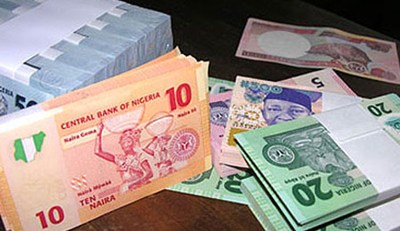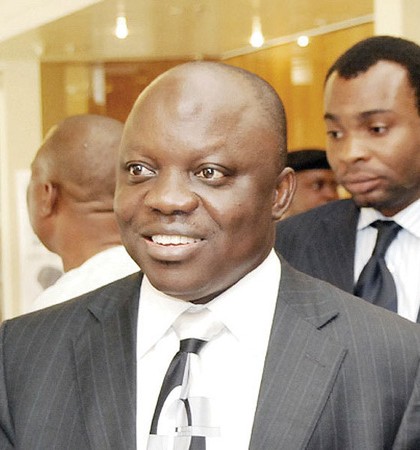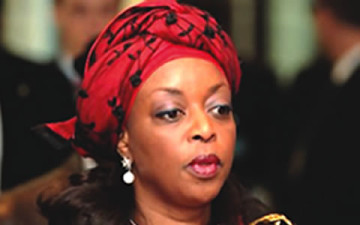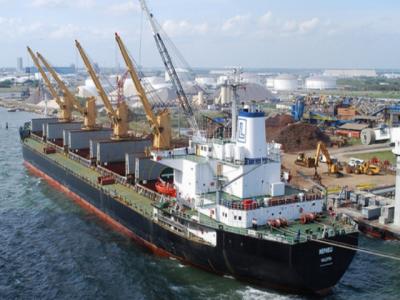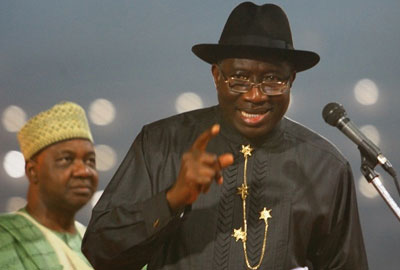 |
| President Goodluck Jonathan |
Worried by the worsening price of crude oil in the global
market, President Goodluck Jonathan, in company of some of his ministers,
pledged on Sunday that his administration was committed to diversifying the
economy to address the drop in oil price.
Jonathan was speaking at an interactive forum organized by
the private sector and leaders of professional bodies in Lagos.
The statement by Jonathan was in response to earlier
statements made by many of the ministers in attendance, majority of whom
identified economic diversification as the present administration’s major
standpoint.
First to speak among the ministers present was the
Coordinating Minister for the Economy and Minister of Finance, Ngozi
Okonjo-Iweala, who emphasized that the thrust of the present administration’s
economic policy was diversification.
Okonjo-Iweala during her speech touched on several
achievements of the current administration. On the issue of job creation, the
minister said that government was rigorously addressing the issue.
Highlighting the achievements in the oil and gas sector, the
Minister of Petroleum Resources, Diezani Allison-Madueke, said that in the
downstream sector, the government had “ensured stability in oil supply”.
Although she said that government continued to lose about
60,000 barrels of crude oil to theft per day, an action which she insisted
Nigeria could not afford, the minister said the country’s crude oil production
for years 2008 to 2014, stood at 2.5 million barrels per day.
On his part, the Minister of Agriculture, Akinwunmi
Adeshina, said with the interest of the president in the agricultural sector,
the Nigeria’s food import bill had dropped due to the successes recorded in the
fertiliser distribution channel, which he said was done in a space of months.
The Minister of Power, Chinedu Osita Nebo, said that Nigeria
had moved from producing 2,800 megawatts of electricity to 4,400 megawatts,
with an increase of 1,800 kilometres in transmission lines.
Regarding road infrastructure, the Minister of Works, Mike
Onolememen, said that under Jonathan’s administration, out of the 35,000
kilometres of federal roads, from 4,500km that the present administration met
on ground, 25,000km have been upgraded and developed.

